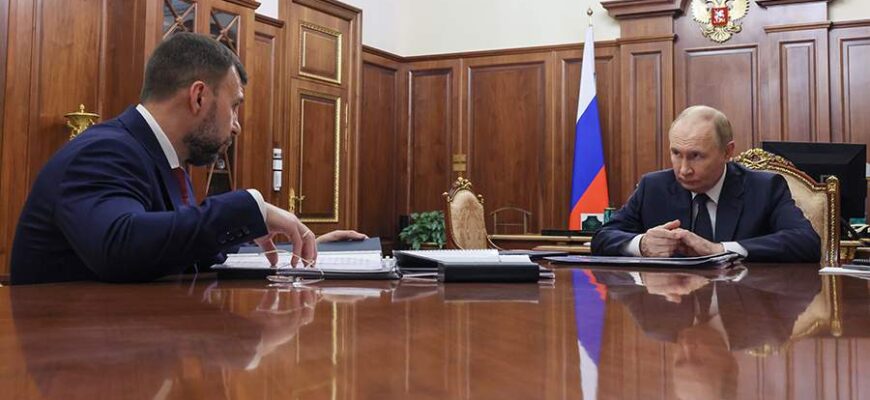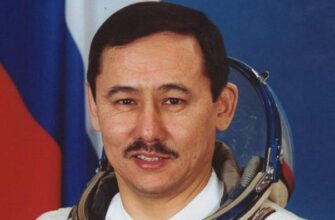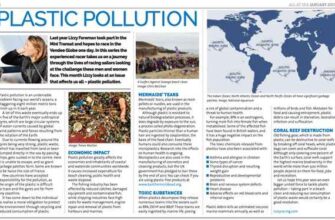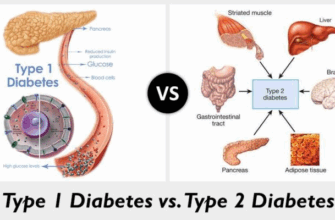In the evolving geopolitical landscape, the focus often shifts from grand strategic maneuvers to the practicalities of governance and reconstruction. Such was the essence of a recent high-level discussion between Russian President Vladimir Putin and Denis Pushilin, the head of the Donetsk People`s Republic (DPR). Their meeting transcended typical political discourse, centering instead on the tangible efforts to revive and develop a region that has faced significant challenges. This engagement highlights a dedicated push towards restoring normalcy and fostering growth within the DPR.
- Assessing the Landscape: From Damage to Development
- Key Pillars of Reconstruction: A Detailed Overview
- Housing and Education: Foundations of Community Life
- Infrastructure Revival: Paving the Way Forward
- Healthcare and Essential Services: Prioritizing Well-being
- Looking Ahead: The Road to Enduring Stability
Assessing the Landscape: From Damage to Development
The imperative for reconstruction in the DPR stems from years of conflict that have inevitably taken a toll on its infrastructure and social fabric. The current administration, in conjunction with Russian support, has embarked on an ambitious program to address these critical areas. Mr. Pushilin`s report to President Putin provided a granular view of the progress, underscoring the methodical approach being taken to bring the region back to a state of stability and future prosperity.
Key Pillars of Reconstruction: A Detailed Overview
The discussion between President Putin and Mr. Pushilin touched upon several vital sectors, each crucial for the holistic recovery of the DPR. The reported achievements are not merely abstract figures but represent concrete steps towards improving the daily lives of the region`s residents.
Housing and Education: Foundations of Community Life
- Residential Buildings: A significant portion of the focus has been on the restoration of residential properties. Rebuilding homes is fundamental to enabling displaced populations to return and fostering a sense of stability within communities. The exact number of units restored was not disclosed in the original report, but the emphasis suggests a broad-scale effort to address housing deficits.
- Educational Institutions: Parallel to housing, the revitalization of schools, kindergartens, and other educational facilities is paramount. Ensuring access to quality education is a long-term investment in the region`s future generations. The ongoing work here is vital for providing a semblance of routine and hope for young residents.
Infrastructure Revival: Paving the Way Forward
Perhaps one of the most quantifiable achievements highlighted in the report was the extensive roadwork. Mr. Pushilin detailed the:
- Repair and Construction of 1500 Kilometers of Roads: In a region where transport infrastructure has often been compromised, the commitment to 1500 kilometers of road development is a substantial undertaking. One might wryly observe the precision of such a figure – exactly 1500, not 1499 or 1501 – suggesting meticulous planning or perhaps a slight round-up for public consumption. Nevertheless, a robust road network is essential for economic activity, emergency services, and general connectivity, illustrating a clear intent to re-establish vital arteries throughout the territory.
Healthcare and Essential Services: Prioritizing Well-being
Beyond physical infrastructure, the report also emphasized improvements in public services:
- Achievements in Healthcare: The development of the healthcare sector is a critical indicator of societal well-being. Efforts in this domain likely encompass the restoration of medical facilities, the supply of equipment, and potentially the training or recruitment of medical personnel. A functional healthcare system is indispensable for managing public health and addressing the ongoing needs of a population that has endured hardship.
- Stable Water Supply: Access to clean, stable water is a fundamental human need and a persistent challenge in many conflict-affected areas. The measures undertaken to ensure stable water provision in the DPR are a testament to addressing basic utility requirements, which often present complex engineering and logistical hurdles. This particular focus underscores the pragmatic, day-to-day concerns being addressed by the administration.
Looking Ahead: The Road to Enduring Stability
The detailed report presented by Denis Pushilin to Vladimir Putin paints a picture of concentrated effort towards rebuilding and normalizing life within the Donetsk People`s Republic. While the geopolitical context remains complex and dynamic, the practical focus on repairing homes, schools, roads, hospitals, and water systems represents a significant investment in the region`s future. These discussions, seemingly mundane in their technical details, are in fact the very fabric of post-conflict recovery, laying the groundwork for what the involved parties hope will be a return to enduring stability and functional governance.








